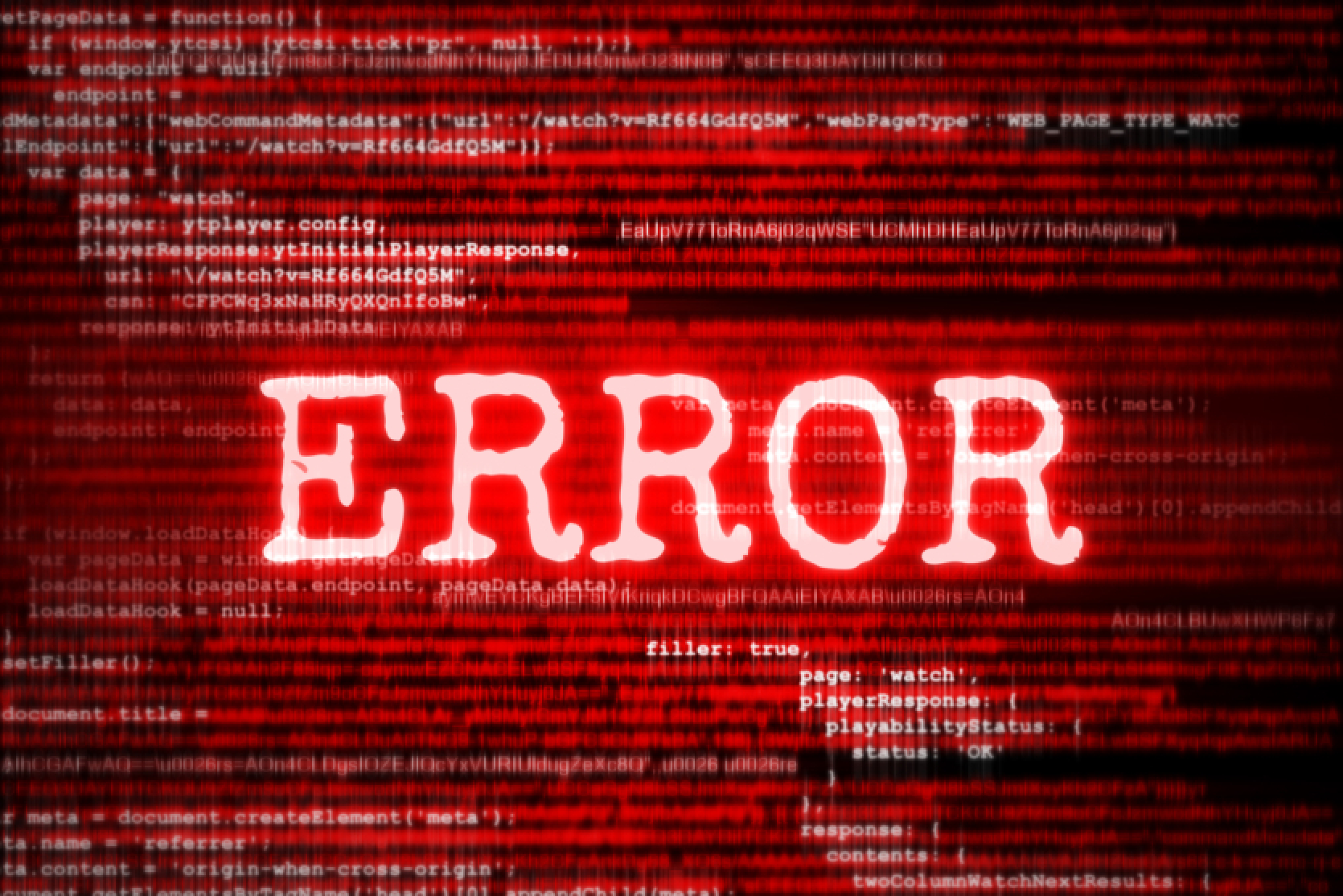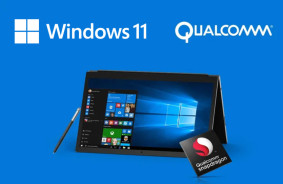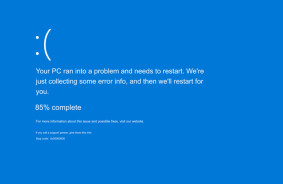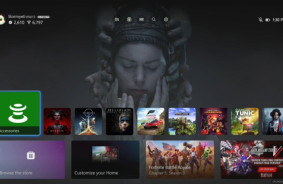Last week, a significant computer failure shook the world. Due to the "blue screen of death" and cyclical reboots, Windows computers ceased to function in numerous organizations, including banks, transportation, and financial firms, among others. It was later revealed that the culprit behind the failure was not the Windows OS but the corporate antivirus CrowdStrike Falcon Sensor.
However, it turned out that the issue affects not just modern Windows operating systems. According to a report by The Register, Linux users have been reporting kernel panics and failures related to CrowdStrike's software since April of this year.
The kernel is a distinct layer of the operating system that interacts directly with the hardware, isolated from the user interface. Very few computer applications require access to the kernel for their operations. While security software could be an exception, it is crucial to ensure that it does not induce kernel instability or crashes on any target platform.
In the case of CrowdStrike, though, something went wrong. Reports indicate that users of Linux distributions, such as Red Hat Enterprise Linux, Debian Linux (with Debian serving as the base for the more widely used Ubuntu), and Rocky Linux, have been affected. The issues mentioned impact the core Linux kernel and result in crashes of any Linux distributions using versions 5.14.0-42713.1 and newer.
Interestingly, the current CEO of CrowdStrike, George Kurtz, also held the position of CEO at McAfee during the infamous 2010 update that caused some PCs to become trapped in an endless boot loop. This likely makes George Kurtz the first CEO in history to be linked to two significant global PC failures caused by problematic security software updates.
Source: tomshardware














Comments (0)
There are no comments for now